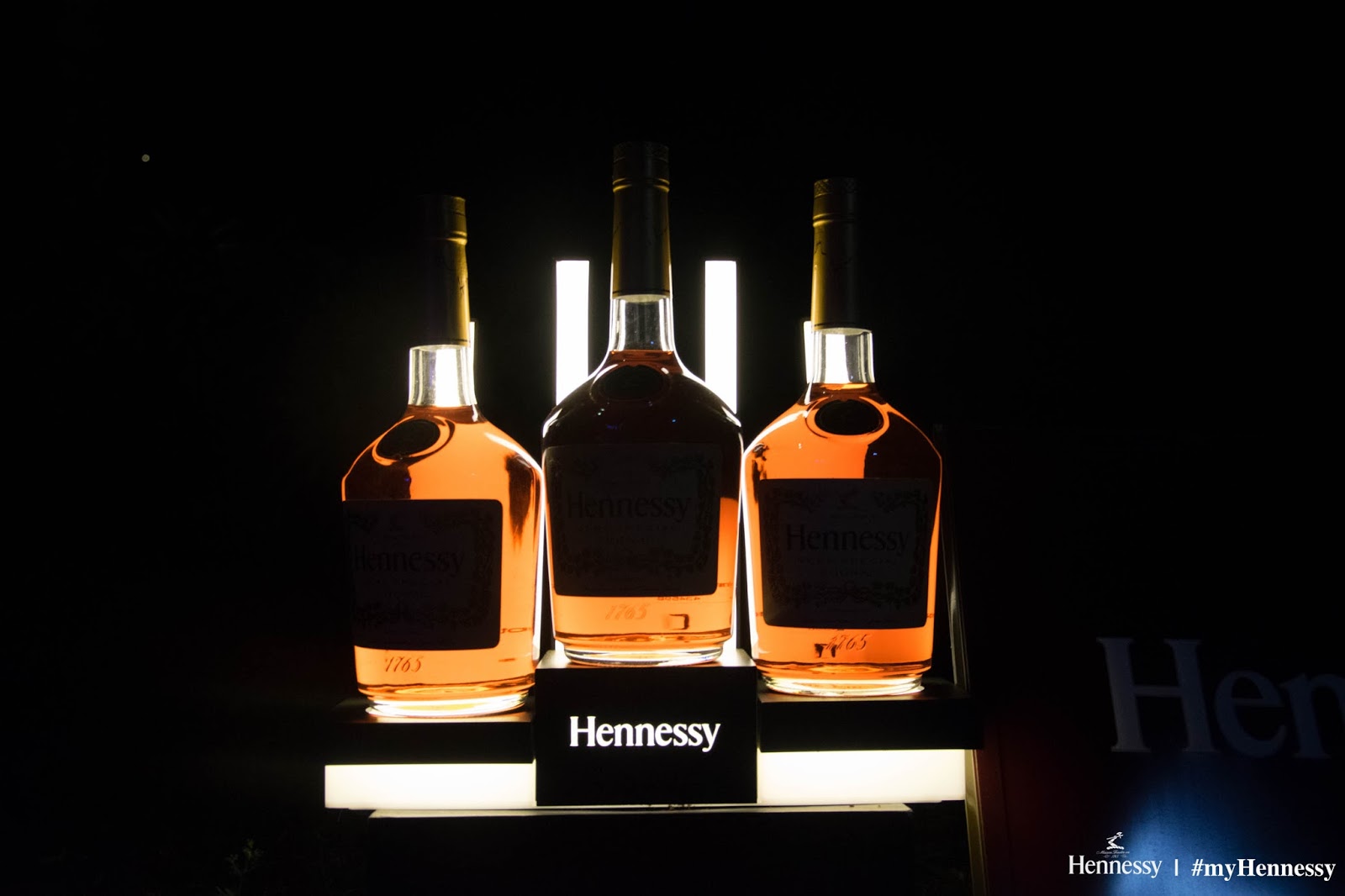Knock off Hennessy has become a prevalent topic among liquor enthusiasts and casual drinkers alike. As the demand for premium cognac rises, so does the market for counterfeit products. This article aims to explore the intricacies of knock off Hennessy, shedding light on its implications, the risks associated with consuming counterfeit alcohol, and how to spot the real deal. With a focus on providing reliable information, we will delve into the world of cognac and the challenges posed by knock offs.
In the realm of luxury beverages, Hennessy stands out as a leading name in cognac. However, the popularity of this brand has unfortunately paved the way for counterfeit versions that mislead consumers. Not only do these knock offs pose financial risks, but they can also endanger health due to unregulated production processes. Understanding how to distinguish genuine Hennessy from its knock off counterparts is essential for every consumer.
Throughout this article, we will dissect various aspects related to knock off Hennessy, including the reasons behind its prevalence, methods for identifying fake products, and the broader implications for the alcohol industry. By the end of this comprehensive guide, readers will be equipped with the knowledge needed to make informed choices in their cognac purchases.
Table of Contents
- What is Knock Off Hennessy?
- The Rise of Counterfeit Alcohol
- How to Identify Knock Off Hennessy
- The Health Risks Associated with Knock Offs
- Legal Implications of Selling Knock Offs
- Consumer Awareness and Education
- The Future of the Cognac Industry
- Conclusion
What is Knock Off Hennessy?
Knock off Hennessy refers to counterfeit versions of the well-known Hennessy cognac. These products are designed to mimic the appearance, branding, and even taste of the genuine article but are produced without the quality control and regulations that define authentic cognac. Consumers may be drawn to these knock offs due to their lower price points, but they often come with significant risks.
Key characteristics of knock off Hennessy include:
- Inconsistent labeling and packaging
- Poor-quality materials used in production
- Substandard taste and aroma
The Rise of Counterfeit Alcohol
The global alcohol market is worth billions of dollars, and as such, it is a prime target for counterfeiters. The rise of online shopping has made it easier for counterfeit products to infiltrate the market. Several factors contribute to the proliferation of knock off Hennessy:
- High demand for premium products
- Low production costs for counterfeiters
- Lack of awareness among consumers
According to a report by the International Alliance for Responsible Drinking, counterfeit alcohol accounts for approximately 30% of the spirits market in some regions, underscoring the scale of the issue.
How to Identify Knock Off Hennessy
Identifying knock off Hennessy requires careful attention to detail. Here are some tips to help consumers distinguish genuine bottles from fakes:
1. Check the Label
The label on a genuine Hennessy bottle will feature precise printing and high-quality materials. Look for:
- Clear and consistent font styles
- Accurate spelling
- Proper logo placement
2. Inspect the Bottle
Authentic Hennessy bottles are made with high-quality glass. Signs of low-quality glass or irregular shapes could indicate a knock off. Look for:
- Weight and thickness of the glass
- Flaws or bubbles in the glass
3. Taste Test
While this may not be the most scientific method, genuine Hennessy has a distinct flavor profile. If the taste is off, it’s likely a knock off.
The Health Risks Associated with Knock Offs
One of the most concerning aspects of consuming counterfeit alcohol is the potential health risks. Knock off Hennessy may contain harmful substances due to unregulated production practices. Some of the risks include:
- Presence of toxic chemicals
- Inaccurate alcohol content
- Increased risk of poisoning
In extreme cases, counterfeit alcohol has been linked to severe health issues and fatalities, prompting health organizations to raise awareness about the dangers of consuming unverified products.
Legal Implications of Selling Knock Offs
The sale of counterfeit alcohol is illegal in many jurisdictions. Laws vary by country, but generally, selling knock off Hennessy can result in severe penalties, including fines and imprisonment. Additionally, businesses that sell counterfeit products may face lawsuits from the original brand, leading to significant financial repercussions.
Brands like Hennessy invest heavily in protecting their intellectual property, and they actively pursue legal action against counterfeiters to maintain their reputation and ensure consumer safety.
Consumer Awareness and Education
Educating consumers about the risks of knock off Hennessy is crucial in combating the counterfeit market. Various organizations, including the International Spirits and Beverages Alliance, provide resources and information to help consumers make informed decisions. Key steps include:
- Promoting awareness campaigns about counterfeit products
- Encouraging consumers to verify their purchases through official channels
- Providing information on how to report suspected counterfeit products
The Future of the Cognac Industry
The cognac industry faces significant challenges from the rise of counterfeit products. However, with increased awareness and education, consumers can help protect themselves and support authentic brands. The future of cognac will likely involve:
- Greater emphasis on transparency from producers
- Stronger collaboration between brands and law enforcement to combat counterfeiting
- Investment in technology to verify authenticity
Conclusion
Knock off Hennessy represents a significant challenge within the alcohol industry, posing risks to both consumers and authentic brands. By understanding the characteristics of genuine Hennessy, recognizing the dangers of counterfeit products, and supporting responsible consumption, consumers can make informed choices. We encourage readers to share their thoughts on this topic and engage in discussions surrounding the importance of authenticity in the spirits market.
By staying informed and vigilant, we can collectively combat the rise of knock offs and ensure that the integrity of premium cognac remains intact. For more insightful articles on related topics, feel free to explore our website.




